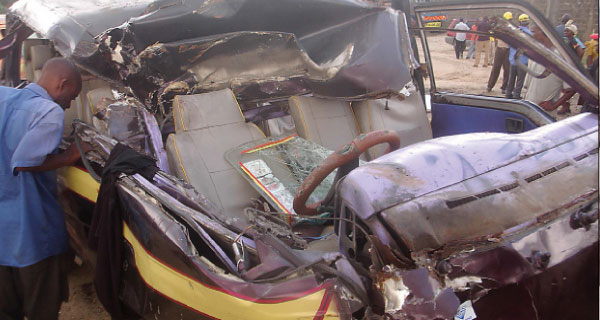×
The Standard e-Paper
Join Thousands Daily
 |
By JOE KIARIE
KENYA: Transport Cabinet Secretary Michael Kamau has in recent days been in a bullish mood, defending ongoing government efforts to curb road carnage.